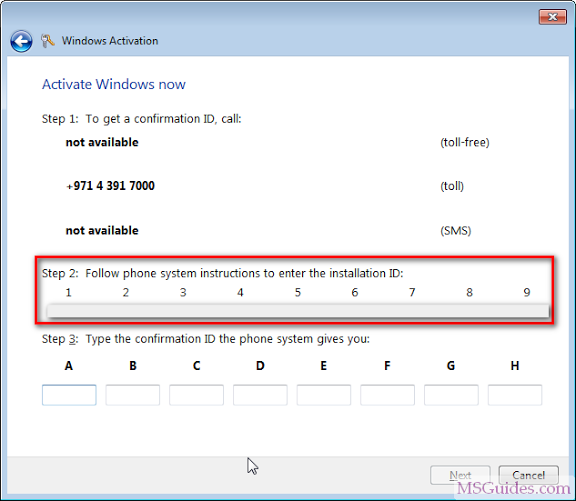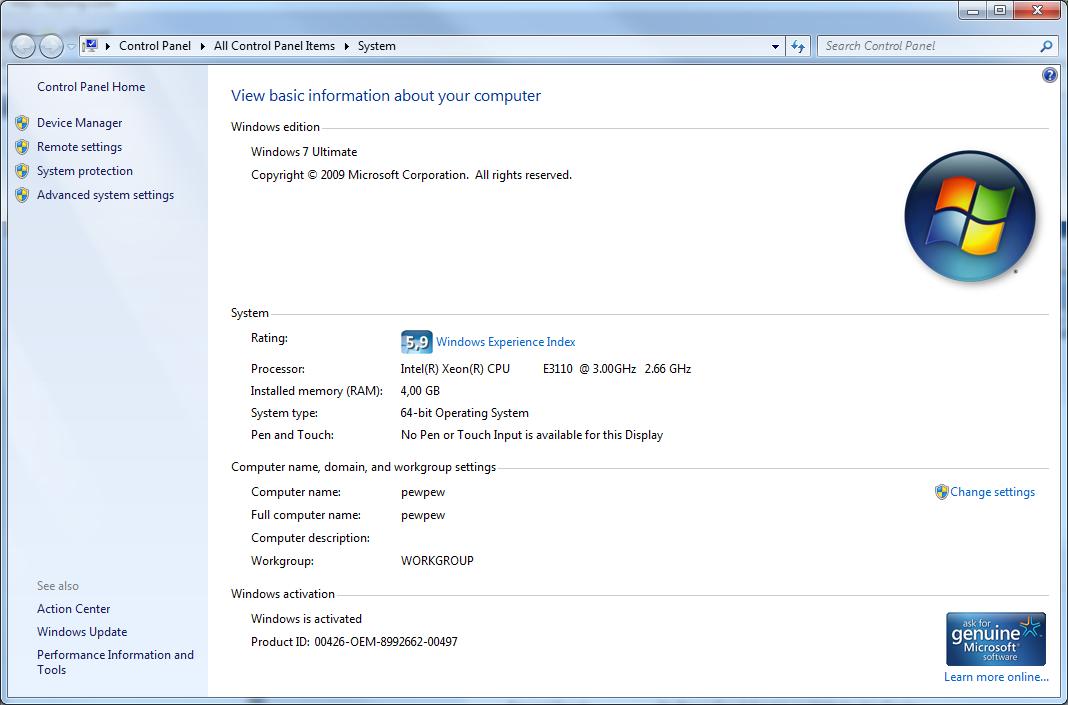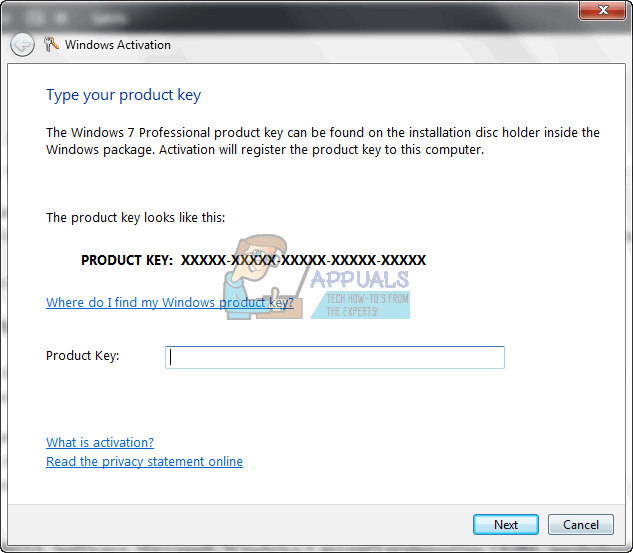

Let’s be perfectly clear on one aspect, both Microsoft and Google, but also additional companies gather user data, store it, and use it in a variety of purposes, first of all to better their products and services. Most recently, Mozilla Director of Community Development Asa Dotzler slapped Google over its search engine privacy policy, inferior to that of Bing, and went ahead and recommended that Firefox users “upgrade” their Firefox browsers to Bing in order to ensure that their data is better protected. It is important to note that, at least in comparison to other companies, Microsoft does a better job when it comes down to protecting user privacy. We will only provide those companies the personal information they need to deliver the service, and they are prohibited from using that information for any other purpose.” We occasionally hire other companies to provide limited services on our behalf, such as for performing statistical analysis of our services. “Except as described in this statement, personal information you provide will not be transferred to third parties without your consent. The information may also be used to analyze and improve Microsoft products and services,” Microsoft informs. “The personal information we collect from you will be used by Microsoft and its controlled subsidiaries and affiliates to enable the features you use and provide the services or carry out the transactions you have requested or authorized. It was on July 22 that Microsoft released Windows 7 to manufacturing, with general availability kicking in on October 22. According to the maker, the privacy information related to the latest version of the Windows platform was updated in July 2009. Below, you will find excerpts from the official Windows 7 Privacy Statement provided by Microsoft, along with a list of the operating system’s features that connect to company servers. However, even if the software giant is upfront about the information collected by Windows 7, sent and stored on Microsoft servers, it’s very unlikely that customers buying and running the operating system go to all the trouble of reading the Privacy Statement. The Redmond-based company is making no secret of the Windows 7 features that phone home, and, in fact, offers a full, although not exhaustive, disclosure on the Windows 7 Privacy Statement webpage This is, of course, not new to the latest iteration of Windows, as previous releases of the OS, including Windows Vista and Windows XP were also designed to contact Microsoft servers in order to provide with data gathered from user machines.


Windows 7, just as the vast majority of software products, and certainly Cloud-based applications and services, harvests information from each end user and shares it with the mother company.


 0 kommentar(er)
0 kommentar(er)
